People analytics, the practice of using data to inform HR decisions, has rapidly evolved in recent years.
As organisations increasingly recognise the value of data-driven insights, emerging trends are shaping the future of HR.
Let’s delve into some of the key trends that are set to revolutionise the way we work.
1. Predictive Analytics for Workforce Planning
Predictive analytics leverages historical data to forecast future trends. In the HR context, this can be used to predict attrition rates, identify skill gaps, and anticipate future workforce needs.
For instance, companies are using predictive analytics to forecast talent shortages in specific sectors and proactively address them through strategic hiring and training initiatives.
2. AI-Powered HR
Artificial Intelligence (AI) is transforming the HR landscape. AI-powered tools can automate routine tasks, analyse vast amounts of data, and provide actionable insights.
In the UK, many organisations are using AI-powered chatbots to answer employee queries, streamline recruitment processes, and improve employee engagement.
3. People Analytics for DEI
Diversity, Equity, and Inclusion (DEI) is a top priority for many organisation. People analytics can help measure the impact of DEI initiatives and identify areas for improvement.
By analysing data on employee demographics, promotions, and compensation, organisations can uncover disparities and take corrective action.
4. Employee Experience Analytics
Employee experience (EX) is a critical driver of employee satisfaction, engagement, and productivity. People analytics can help organisations measure and improve EX by analysing data on employee feedback, sentiment, and behaviour.
Businesses are using EX analytics to identify factors that impact employee satisfaction and tailor initiatives to address specific needs.
5. Real-Time People Analytics
Real-time people analytics provides immediate insights into workforce trends. By analysing data in real-time, organisations can quickly respond to changes in the business environment, such as economic fluctuations or shifts in customer demand.
This enables them to make timely decisions regarding workforce planning, talent acquisition, and employee development.
6. Ethical Considerations in People Analytics
As people analytics becomes more sophisticated, it’s crucial to address ethical considerations. Organisations must ensure that data is collected and used responsibly, respecting employee privacy and avoiding bias.
Transparent communication about data collection and usage is essential to build trust with employees.
In conclusion, people analytics is poised to transform the way organisations manage their workforce. By leveraging data-driven insights, HR professionals can make informed decisions, improve employee experiences, and drive business success.
As we continue to embrace digital transformation, people analytics will play a vital role in shaping the future of work.
Contact us for informal chat or email in**@**************al.com
Subscribe for Essential Updates for a Healthier Workplace – delivers the latest insights, best practices and regulatory updates. Subscribe Here



